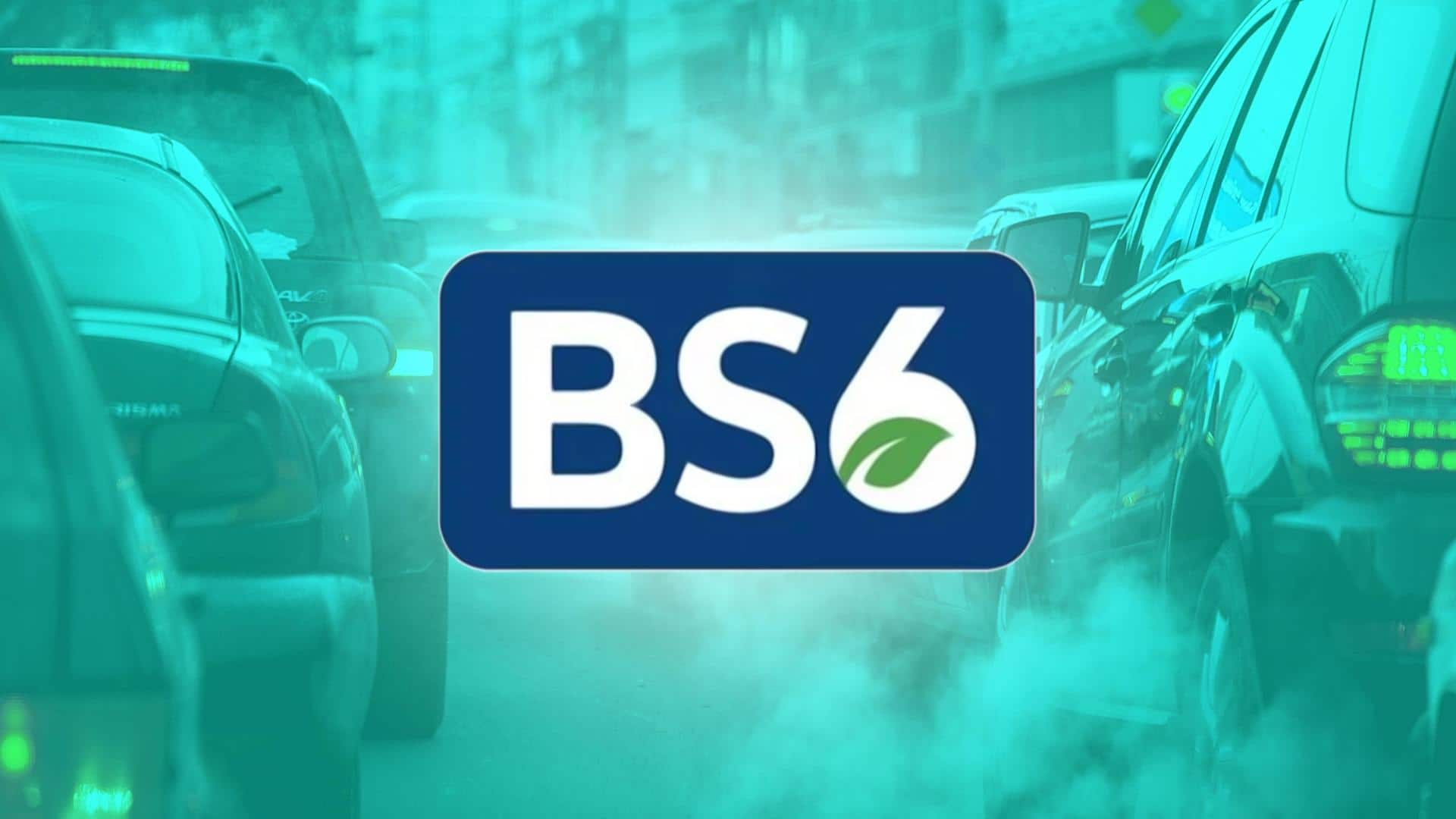
How BS6 Phase 2 RDE norms will affect your car
What's the story
With the central government getting ready to implement the updated BS6 Phase 2 emission norms in India from April onward, the automotive industry is bound to change soon. The new regulations are being implemented in a bid to further curb the harmful greenhouse gases from newer vehicles on our shores. Will these new rules affect older/existing vehicles in any way? Let's find out.
Context
Why does this story matter?
Norms
Have you heard of RDE, CAFE 2, OBD 2 norms?
As part of BS6 Phase 2 norms, Real Driving Emissions (RDE) and Corporate Average Fuel Economy (CAFE 2) regulations are being implemented to evaluate the emission levels of four-wheelers in both ideal test conditions and real-world usage. For two-wheelers, On-Board Diagnostics (OBD 2) norm will now be applicable. It allows access to the various sub-systems of the vehicles to monitor their real-time emission status.
Effect
How do the new regulations affect automakers in India?
To comply with the new emission norms, all automakers will have to update their existing line-up of ICE-powered vehicles with RDE diagnostic devices and programmed fuel injectors. It requires modifications to the current assemblies, which in turn will ramp up the development cost for the companies and other OEM manufacturers. This move will directly force the automakers to raise the prices of their offerings.
Affected cars
List of cars being discontinued from April 2023
While most of the new vehicles are being modified for stricter BS6 Phase 2 RDE norms, some older cars that require drastic changes are being axed off by various automakers. The list includes diesel-powered iterations of the Hyundai i20, Tata Altroz, Honda Jazz, Amaze, WR-V, and City, along with petrol-powered models such as the Maruti Suzuki Alto 800, Nissan Kicks, SKODA OCTAVIA, and SUPERB.
Information